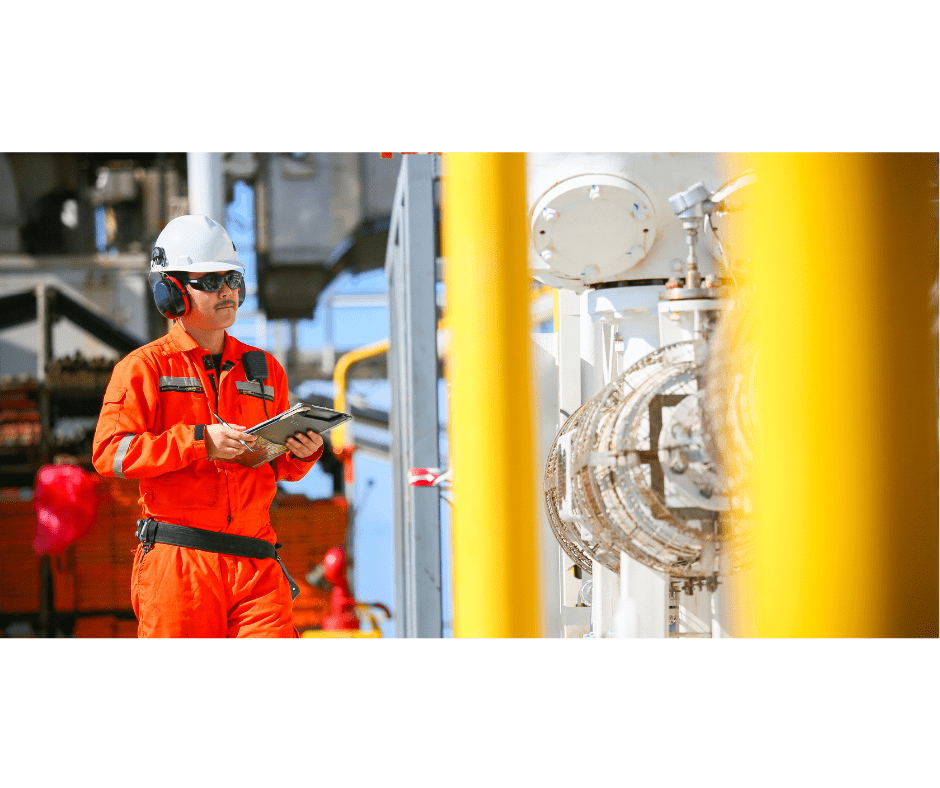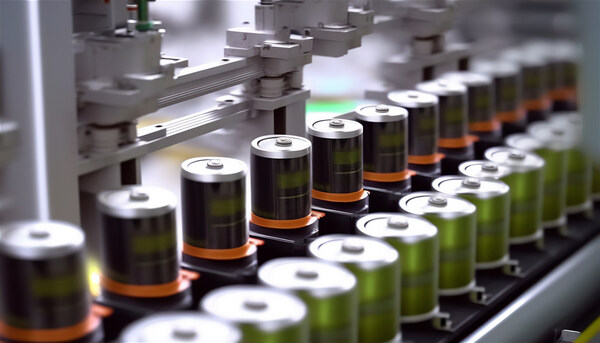
The American Petroleum Institute (API) recently released two revised liquid pipeline leak detection standards to improve operational integrity and advance operators’ mitigation capabilities.
“Leak detection in liquid pipelines enables operators to quickly respond to incidents, minimizing any impact on local communities and the environment,” said Anchal Liddar, senior vice president of API’s Global Industry Services. “RPs 1130 and 1175 both play an important role in providing pipeline operators with critical guidelines to support early and accurate leak detection.”
Published together because they address similar issues, Recommend Practice (RP) 1130, Computational Pipeline Monitoring for Liquids, and RP 1175, Pipeline Leak Detection—Program Management, are second edition standards designed to improve leak detection capabilities.
RP 1175 provides guidance for pipeline operators to create effective leak detection programs (LDP), with the aim of identifying leaks quickly and with certainty, facilitating a rapid shutdown, and minimizing negative consequences in the event of an incident. The second edition of RP 1175 was developed to provide a flexible framework for determining which technologies, systems or programs operators use in establishing LDPs, considering leak detection often utilizes a multi-layered series of technologies and strategies. The new edition incorporates new leak detection technologies, including the role of fiber-optic sensing. RP 1175 also references and incorporates API RP 1173, Pipeline Safety Management Systems, the first standard to address pipeline safety management system requirements for pipeline operators of all sizes.
RP 1130 addresses Computational Pipeline Monitoring (CPM), or algorithmic monitoring tools used to enhance the ability of a pipeline controller to recognize hydraulic anomalies that could show a pipeline leak.
Federal regulators, including the Pipeline and Hazardous Materials Safety Administration (PHMSA), have recently put renewed focus on leak detection for natural gas and liquid pipelines. RP 1130 and RP 1175 support PHMSA’s priorities by putting additional tools and leading practices in the hands of operators to more effectively monitor and manage potential liquid pipeline leaks.
API represents all segments of America’s natural gas and oil industry, which supports more than 11 million U.S. jobs and is backed by a growing grassroots movement of millions of Americans. Our nearly 600 members produce, process, and distribute the majority of the nation’s energy, and participate in API Energy Excellence®, which is accelerating environmental and safety progress by fostering new technologies and transparent reporting. API was formed in 1919 as a standards-setting organization and has developed more than 800 standards to enhance operational and environmental safety, efficiency, and sustainability.
For more information, please visit www.api.org.
Source: American Petroleum Institute






